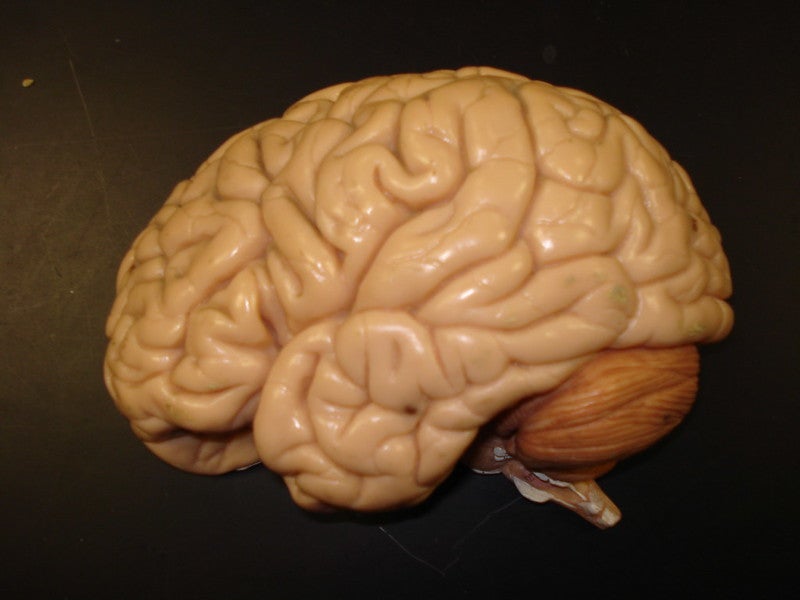
Tranquis Therapeutics has concluded the Phase I clinical trial of TQS-168, which is being developed to treat amyotrophic lateral sclerosis (ALS) and various other neurodegenerative ailments.
A small molecule modulator of PGC-1a, TQS-168 demonstrated survival and functional benefits in several animal models of neurodegenerative disease, including ALS and Parkinson’s disease.

Discover B2B Marketing That Performs
Combine business intelligence and editorial excellence to reach engaged professionals across 36 leading media platforms.
It also showed promising biomarker data, including enhanced PGC-1a gene expression, a decline in inflammatory monocytes and cytokines and a drop in neurofilament light levels.
Furthermore, in vitro, the therapy was found to have specific immunomodulatory effects in myeloid cell lines and white blood cells of ALS patients.
According to the findings from the trial, single and multiple doses of TQS-168 demonstrated to be well tolerated in 78 healthy subjects without any serious adverse events observed.
Mild and transient adverse events were reported in the trial but did not cause discontinuation of the treatment.

US Tariffs are shifting - will you react or anticipate?
Don’t let policy changes catch you off guard. Stay proactive with real-time data and expert analysis.
By GlobalDataIn addition, TQS-168 showed pharmacokinetic properties with satisfactory plasma exposures.
Based on these findings, the company intends to commence a Phase II trial of TQS-168 in ALS by the end of the year.
Tranquis Therapeutics chief medical officer Jonas Hannestad said: “The data from our Phase I study of TQS-168 demonstrate that target plasma exposures can be achieved at dose levels that are well tolerated.
“The ability to reach human exposures that were associated with benefits in preclinical models of ALS bolsters our confidence in Tranquis’ approach.
“We are developing an orally administered compound that targets PGC-1a in myeloid cells to treat neurodegenerative diseases in which dysfunctional myeloid cells play a key role in disease progression.”
The company will leverage the clinical data from its ALS programme to guide the further development of TQS-168 as well as TQS-621, a second drug candidate, and next-generation compounds for various diseases with similar underlying myeloid cell metabolic dysfunction.





